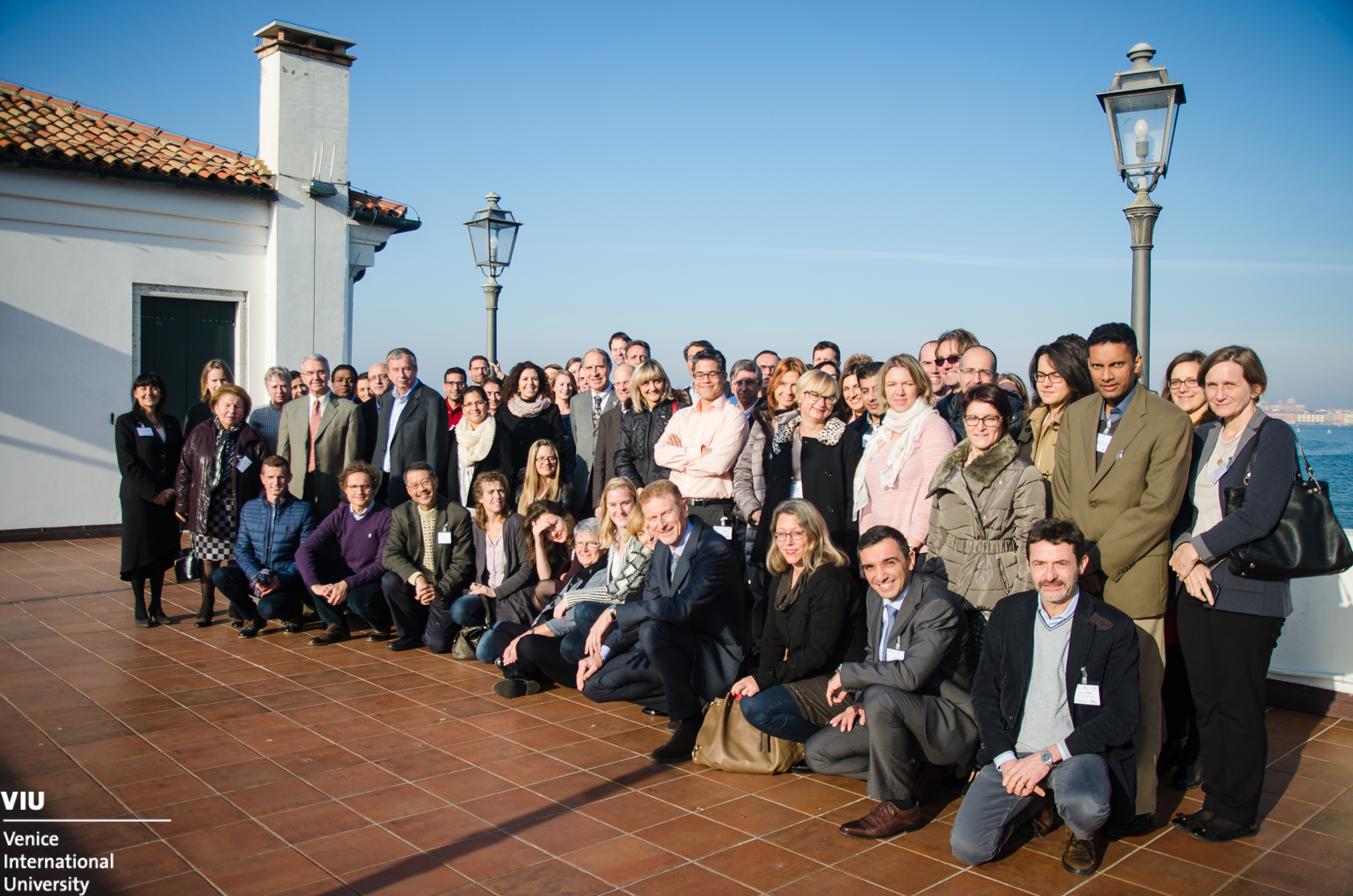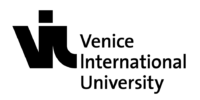
This event has passed.

“Impact of nutrition for rehabilitation of older patients” – First course
December 10, 2015 @ 2:00 pm - December 12, 2015 @ 5:00 pm
This inaugural EICA translational teaching activity has reviewed the evidence-based role of nutrition in older adults for better rehabilitation outcomes.
The Course is organized by the European Interdisciplinary Council on Ageing (EICA), in collaboration with the European Society of Physical & Rehabilitation Medicine (ESPRM) and the European Union Geriatric Medicine Society (EUGMS) with strong support by Nestlé Health Science.
Final number of Attendees: 60




